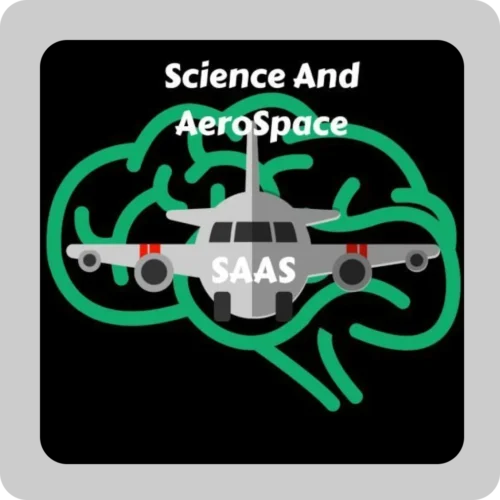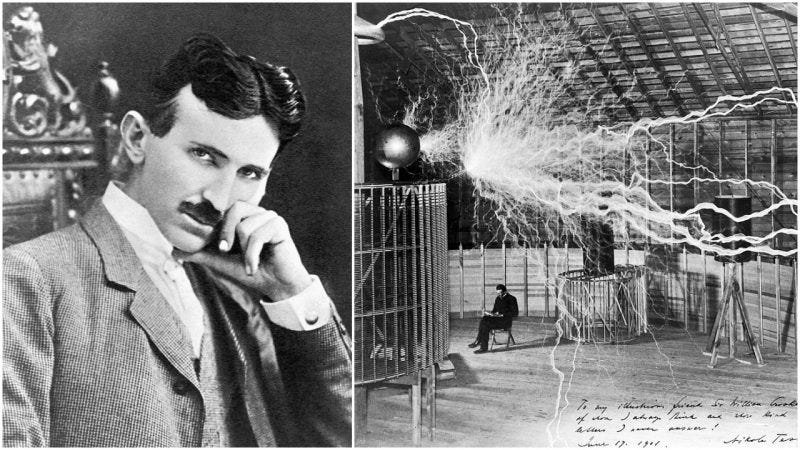The Top 10 Greatest Scientists in History: Throughout history, the scientific method has facilitated humanity’s quest to comprehend the universe’s workings. Indeed, the most outstanding scientists have emerged as intellectual pioneers. Offering profound insights that have expanded the boundaries of knowledge, their groundbreaking discoveries have enhanced our understanding of the natural world. And fundamentally transformed technology and society in ways that continue to shape our daily lives.
Inspiring Minds: The Legacy of Scientific Giants
Furthermore, the significance of scientific greatness extends beyond merely accumulating facts; it embodies the innovative spirit that challenges existing paradigms and fosters technological advancement. For instance, figures such as Isaac Newton and Albert Einstein have forged paths into uncharted territories of science, often defying conventional wisdom. Consequently, these great minds have left enduring legacies that inspire future generations of scientists and individuals from various walks of life. Highlighting the interconnectedness of scientific endeavors and societal progress.
Illuminating the Path of Progress: The Impact of Scientific Discovery: Likewise, as we traverse the landscape of scientific history, it is essential to recognize the milestones achieved by these distinguished individuals. In fact, their relentless curiosity and imaginative thinking have propelled us through periods of enlightenment and revolution. Igniting societal changes that echo into modern times. From the laws of motion to the theory of relativity. their contributions have equipped humanity with the tools to navigate complex challenges. Allowing us to understand better phenomena ranging from the microscopic world to the vast cosmos.
Exploring the lives and works of the Top 10 Greatest Scientists in History allows us to grasp the complicated world of scientific achievement that has defined our civilization. Thus their legacies remind us of the potential inherent in human ingenuity. Marking pivotal moments that have changed how we view the world. Hence laid the groundwork for future exploration and discovery.
Profiles of the Top 10 Greatest Scientists
Throughout history, the contributions of eminent scientists have significantly shaped our understanding of the world.
1. Albert Einstein (1879-1955), He is famous for his theories of relativity, which changed our understanding of physics, space, and time. His 1905 paper on special relativity and the general theory established him as a key figure in modern physics.
2. Sir Isaac Newton (1643-1727), another luminary, is best known for his laws of motion and universal gravitation. His work in the 17th century laid the groundwork for classical mechanics, and his publication.”Philosophiæ Naturalis Principia Mathematica,” formed the basis of physics and mathematics courses worldwide. Newton’s contributions extend beyond physics into optics and calculus, demonstrating his diverse impact on science.
3. Galileo Galilei (1564-1642), often referred to as the “father of modern observational astronomy,” made groundbreaking discoveries with his telescope, including the moons of Jupiter and the phases of Venus. His advocacy for Copernican heliocentrism challenged prevailing geocentric views and fostered a scientific revolution emphasizing empirical evidence.
4. Furthermore, Marie Curie, the first woman to win a Nobel Prize, made significant strides in studying radioactivity, a term she coined. Her research, which included isolating the radioactive elements of polonium and radium. Paved the way for advancements in physics and medicine, particularly in cancer treatment.
-
Similarly, a philosopher and scientist, Aristotle (382BC-322BC) established foundational principles in various fields, including biology and ethics, which have influenced scientific thought for centuries. His empirical observations and categorization of living organisms were seminal in developing biological sciences.
-
Lastly, Nikola Tesla (1856-1943), known for his contributions to electromagnetism, was instrumental in developing alternating-current electricity supply systems, which are essential in today’s power technology. His vision of wireless communication and energy transfer has had a lasting impact on modern electrical engineering
7. Charles Darwin revolutionized the understanding of biological evolution through his theory of natural selection, presented in “On the Origin of Species.” This work has fundamentally influenced biology and provided a unifying theory that connects various fields of the life sciences.
8. Thomas Edison (1847-1931), an inventor and businessman, is famous for creating the practical incandescent light bulb and phonograph. His legacy includes numerous contributions to electrical engineering helping to lay the foundation. For electric power distribution systems, kinetoscopes, and storage batteries.
9. Faraday (1791-1867), was perhaps the best researcher of his time and still is. To a great extent, he was self-instructed as he needed to leave school in the fourth grade. Faraday performed various experiments and discovered Carbon and Chlorine. The British researcher structured the foundation of electric engine innovation. Michael Faraday was pivotal in developing electromagnetism and electrochemistry. Mainly through his discoveries in electromagnetic induction, which are critical to modern electric generators and motor technology.
10. Louis Pasteur’s (1822-1895) Lastly, and perhaps most significantly, his work in microbiology and vaccination, including developing the rabies vaccine, solidified his status as a leading figure in medicine and public health. Moreover, his germ theory of disease transformed medical practices and laid the groundwork for aseptic techniques
However the legacies of these top 10 most outstanding scientists continue to resonate, inspiring new generations of researchers and scholars in their ongoing pursuit of knowledge and discovery.


